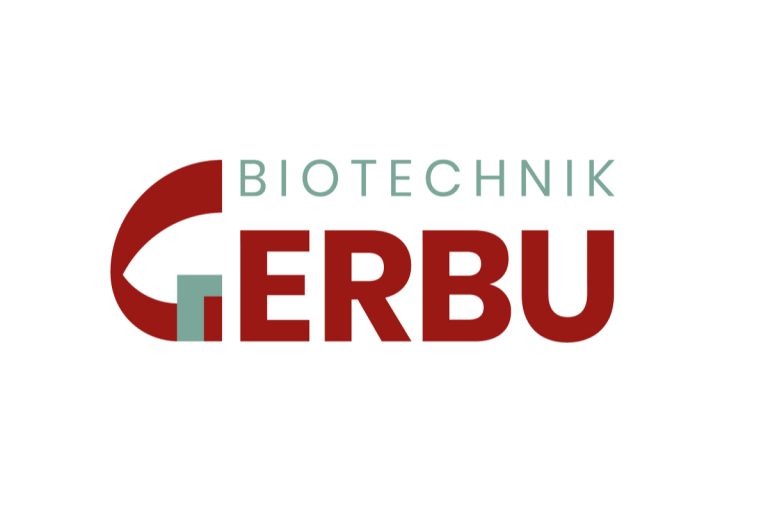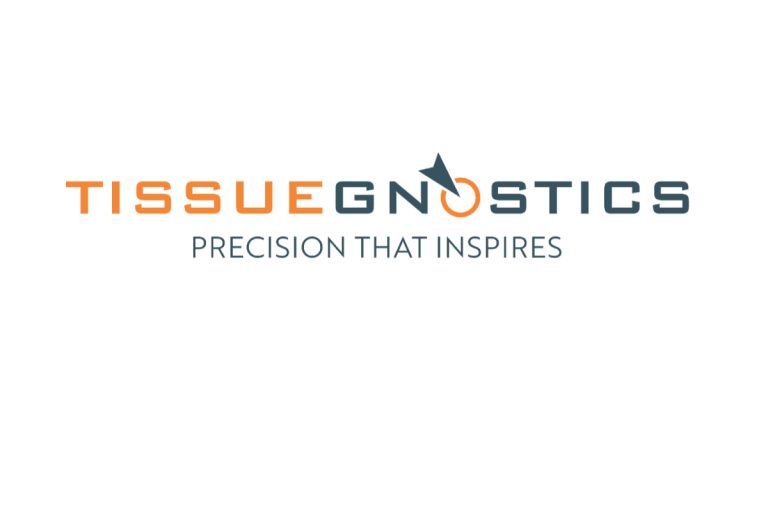BMY’s Neoadjuvant Opdivo Plus Chemotherapy Significantly Improves pCR for Resectable NSCLC in Phase 3 Trial
Bristol Myers Squibb announced positive results from a Phase 3 Trial, which showed that neoadjuvant treatment with three cycles of Opdivo (nivolumab) plus chemotherapy significantly improved pathologic complete response (pCR), a primary endpoint, compared to chemotherapy alone in patients with resectable stage Ib to IIIa non-small cell lung cancer (NSCLC).
First trial to show significant improvement in pathological response with a neoadjuvant immunotherapy combination in patients with resectable NSCLC
In the CheckMate -816 study, 24% of patients treated with Opdivo plus chemotherapy prior to surgery achieved pCR, compared to 2.2% of patients treated with chemotherapy alone (Odds Ratio [OR] 13.94, 99% Confidence Interval [CI]: 3.49–55.75; p<0.0001), with pCR defined as no evidence of cancer cells in their resected tissue as assessed by a blinded independent pathology review. In addition, Opdivo plus chemotherapy was well tolerated and showed consistent improvements in pCR regardless of PD-L1 expression levels, histologies or stages of disease.
CheckMate -816 represents the first randomized Phase 3 study to show a significant improvement in pathological response with a neoadjuvant immunotherapy combination in patients with resectable NSCLC. The first disclosure of these data will be featured in an oral presentation during the Clinical Trials Plenary Session at the American Association for Cancer Research (AACR) Annual Meeting 2021 on Saturday, April 10, 2021.
Nicolas Girard, M.D., professor and head of department, medical oncology, Institut Curie stated:
“The ultimate goal of treatment in earlier stages of cancer is to prevent the disease from coming back as we work towards a cure for these patients. Unfortunately, even when patients with resectable non-small cell lung cancer undergo surgery, the cancer returns in more than half of patients, and many then die from their disease. The pathologic complete response data from CheckMate -816 give us an early indication of the potential benefit of adding nivolumab to chemotherapy as a neoadjuvant treatment in resectable non-small cell lung cancer, and we hope that these encouraging results eventually translate into improved event-free survival and overall survival for these patients.”
Opdivo plus chemotherapy also demonstrated improvements in key secondary endpoints, including major pathological response (MPR). Four times as many patients treated with Opdivo plus chemotherapy vs. chemotherapy alone achieved MPR (36.9% vs 8.9%; OR 5.70, 95% CI: 3.16-10.26), meaning 10% or less of their tumor cells remained after neoadjuvant therapy.
Three cycles of Opdivo plus chemotherapy were associated with a tolerable safety profile, and no new safety signals were observed. Grade 3–4 treatment-related adverse events were reported in 34% vs. 37% in the Opdivo plus chemotherapy vs. chemotherapy alone arms, respectively. Surgery was rarely canceled due to adverse events, only affecting two patients in each arm of the trial.
Further, in this trial, more participants who received neoadjuvant Opdivo plus chemotherapy underwent surgery (83% vs. 75% with chemotherapy), showing that the addition of Opdivo did not decrease the feasibility of performing surgery. In addition, the number of patients whose tumors were completely resected (R0) was higher with Opdivo plus chemotherapy vs. chemotherapy (83% vs. 78%). Rates of surgery-related adverse events were similar between the two treatment arms.
Abderrahim Oukessou, M.D., vice president, thoracic cancers development lead, Bristol Myers Squibb siad:
“Opdivo-based treatment regimens have demonstrated durable survival in advanced thoracic cancers. Now, the CheckMate -816 data show that an Opdivo plus chemotherapy regimen has the potential to improve long-term clinical outcomes in earlier stages of non-small cell lung cancer. The current results from the CheckMate -816 study add to the growing body of evidence that using immunotherapy in cancers that have not yet progressed to metastatic disease may be an important tool for physicians, with four positive Phase 3 trials with Opdivo in resectable cancers to date. We thank the patients and investigators involved in CheckMate -816 and look forward to seeing future results to understand the potential for Opdivo plus chemotherapy to improve event-free survival, the trial’s other primary endpoint, to which we remain blinded.”
In broader terms, in earlier stages of NSCLC, Bristol Myers Squibb and collaborators are researching the use of immunotherapy in the neoadjuvant, adjuvant and peri-operative settings, as well as in association with chemoradiation. The scientific rationale for using immunotherapy in the neoadjuvant setting is twofold: it presents the earliest opportunity to treat cancer cells that have spread in the body without detection, and the presence of a tumor during immunotherapy treatment may enable a stronger immune response, possibly making the treatment more effective.
About the CheckMate -816 Phase 3 trial
CheckMate -816 is a Phase 3 randomized, open label, multi-center trial evaluating Opdivo plus chemotherapy compared to chemotherapy alone as neoadjuvant treatment in patients with resectable non-small cell lung cancer. For the primary analysis, 358 patients were randomized to receive either Opdivo 360 mg plus histology-based platinum doublet chemotherapy every three weeks for three doses, or platinum doublet chemotherapy every three weeks for three doses, followed by surgery. The primary endpoints of the trial are pathologic complete response (pCR) and event-free survival (EFS). Key secondary endpoints include overall survival (OS), major pathologic response (MPR) and time to death or distant metastases.
About non-small cell lung cancer (NSCLC)
Non-small cell lung cancer (NSCLC) is one of the most common types of lung cancer, representing up to 84% of diagnoses. Non-metastatic cases account for the majority of NSCLC diagnoses (approximately 60%). While many non-metastatic NSCLC patients are cured by surgery, 30% to 55% develop recurrence and die of their disease despite resection, contributing to a need for treatment options administered before surgery (neoadjuvant) and/or after surgery (adjuvant) to improve long-term outcomes.
About Opdivo
Opdivo is a programmed death-1 (PD-1) immune checkpoint inhibitor that is designed to uniquely harness the body’s own immune system to help restore anti-tumor immune response. By mobilising the body’s own immune system to fight cancer, Opdivo has become an important treatment option across multiple cancers.
Opdivo’s leading global development program is based on Bristol Myers Squibb’s scientific expertise in the field of Immuno-Oncology, and includes a broad range of clinical trials across all phases, including Phase 3, in a variety of tumor types. To date, the Opdivo clinical development program has treated more than 35,000 patients. The Opdivo trials have contributed to gaining a deeper understanding of the potential role of biomarkers in patient care, particularly in terms of how patients may benefit from Opdivo across the continuum of PD-L1 expression.
In July 2014, Opdivo was the first PD-1 immune checkpoint inhibitor to receive regulatory approval anywhere in the world. Opdivo is currently approved in more than 65 countries, including the United States, the European Union, Japan and China. In October 2015, the Company’s Opdivo and Yervoy combination regimen was the first Immuno-Oncology combination to receive regulatory approval for the treatment of metastatic melanoma and is currently approved in more than 50 countries, including the United States and the European Union.
Bristol Myers Squibb: Creating a Better Future for People with Cancer
Bristol Myers Squibb is inspired by a single vision — transforming patients’ lives through science. The goal of the company’s cancer research is to deliver medicines that offer each patient a better, healthier life and to make cure a possibility. Building on a legacy across a broad range of cancers that have changed survival expectations for many, Bristol Myers Squibb researchers are exploring new frontiers in personalized medicine, and through innovative digital platforms, are turning data into insights that sharpen their focus. Deep scientific expertise, cutting-edge capabilities and discovery platforms enable the company to look at cancer from every angle. Cancer can have a relentless grasp on many parts of a patient’s life, and Bristol Myers Squibb is committed to taking actions to address all aspects of care, from diagnosis to survivorship. Because as a leader in cancer care, Bristol Myers Squibb is working to empower all people with cancer to have a better future.
Source: Bristol Myers Squibb
Recommended Companies
Ad
More Headlines







